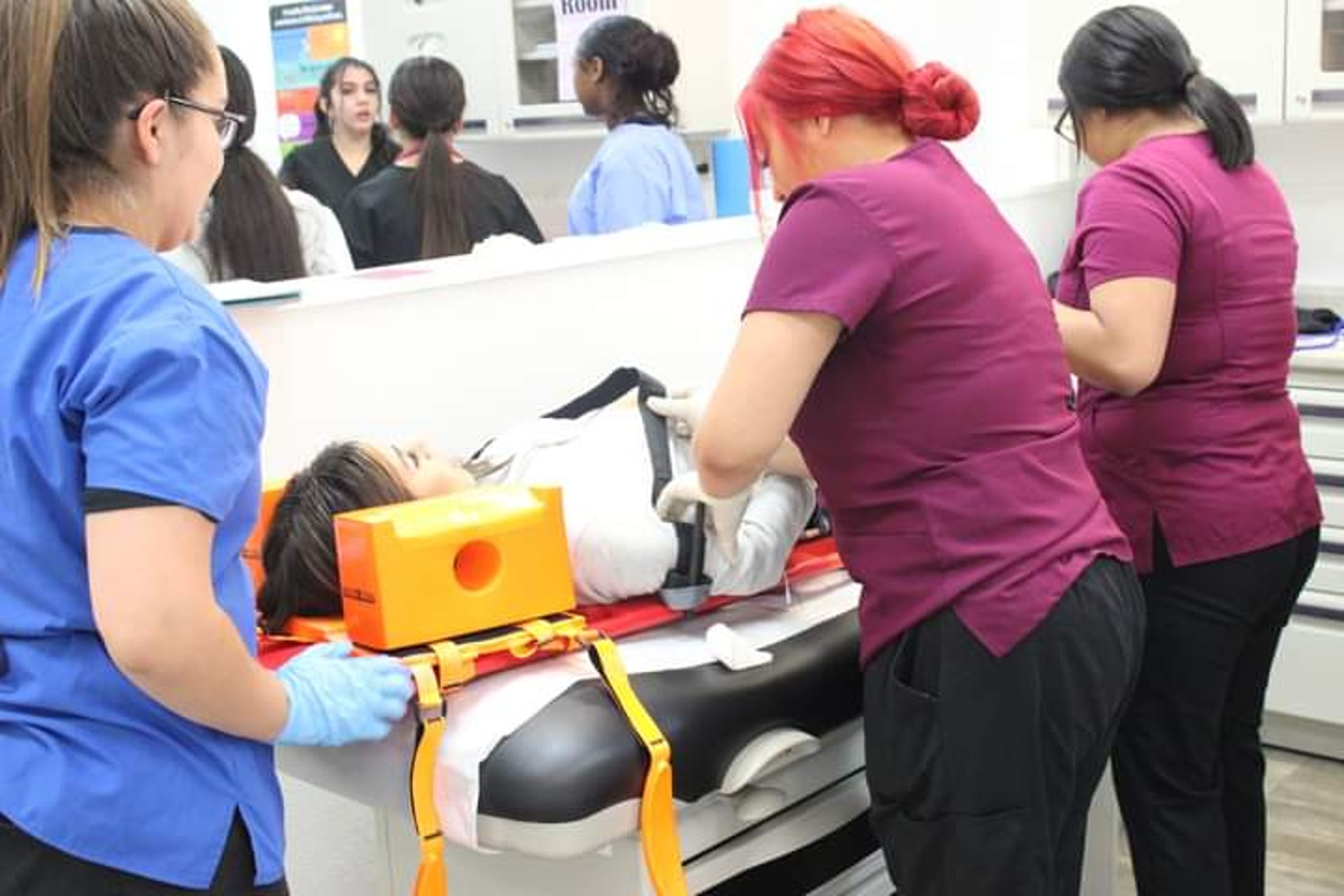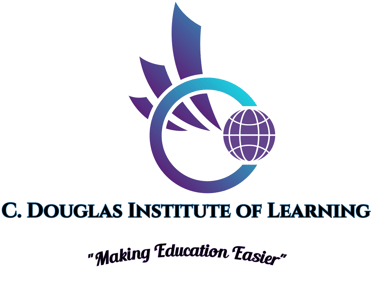
Emergency Medical Technician
Length: 960 clock hours/52 Instructional Weeks
Awarded: Diploma
Program Credit: 58
Mode of Delivery: (online & in person)
Registration: $15,000.00
Uniform: $10,000.00
Lab Fee: $9,000.00
Course Material: $26,000.00
Tuition: $428,000.00
Exam Fee: $26,000.00
Student Activity Fee: $40,000.00
Insurance: Contact the accounts department for more information
OBJECTIVE
Emergency Medical Technicians provide out-of-hospital emergency medical care and transportation for critical and emergent patients who access the emergency medical services (EMS) system. EMTs have the basic knowledge and skills necessary to stabilize and safely transport patients ranging from non-emergency and routine medical transports to life-threatening emergencies. Emergency Medical Technicians function as part of a comprehensive EMS response system, under medical oversight. Emergency Medical Technicians perform interventions with the basic equipment typically found in an ambulance. Emergency Medical Technicians are a critical link between the scene of an emergency and the health care system. The Objective of the Emergency Medical Technician program is to prepare competent entry-level students in the cognitive (knowledge), psychomotor (skills), and affective (behavior) learning domains. Within the fast-paced and constantly adapting world of Emergency Medical Services, Emergency Medical Technicians may find themselves performing skills during on-scene treatment, in an ambulance, helicopter, or on an off-shore oil rig.
DESCRIPTION
The program is compliant with the EMS Education Standards providing graduates who complete the program the ability to test for the Emergency Medical Technician certification with the National Registry or equivalent examination.
EXTERNSHIP
Externship/Field courses are a critical component of this program. Students are supervised by trained and certified professionals during such courses, and they must know there is a zero-tolerance policy for inappropriate and/or unsafe actions or behaviors. Essential documentation of patient care is also a critical element of clinical courses, and satisfactory verbal and written communication in clinical activities is a must. Students are required to complete the required externship hours and other related learning activities before graduation. Students are not paid for work performed at the externship site.
ACADEMIC PROGRESSION
Students must have a valid driver’s permit/license to be admitted into the program. In addition to meeting the standards set in the Satisfactory Academic Progress policy, students must complete all concentration courses with a minimum grade of ―C+ to be considered passing. Any concentration course below a grade of ―C+ must be retaken. A student can attempt a concentration course no more than two times. Any student who fails to pass a concentration course after two attempts is subject to dismissal from the program.
CREDENTIALING EXAMS
Emergency Medical Technicians must obtain certification to be eligible for employment. To gain such certification, students must demonstrate their competence within the discipline by passing the examinations of the National Registry of Emergency Medical Technicians. The registry exams include a computer-based cognitive component and a practical component.
Week 7-12:
- PRM210: Pharmacology and ALS Skills
- PRM211: Patient Assessment and Monitoring
- PRM215: Medical Emergencies
- PRM216: Paramedic Medical Fleet I
Week 25-30:
- PRM285: PRM Externship II
- PRM286: PRM Externship II
- Pathophysiology
- Medical Anatomy & Physiology
Week 43-48:
- Medical-Surgical Emergencies
- Psychiatric and Behavioral Emergencies
- Obstetrics and Gynecological Emergencies
- Geriatric Emergencies
Week 1-6:
- ENG101: English Composition
- PRM200: Anatomy & Physiology
- PSY101: General Psychology
- Introduction to Emergency Medicine
Week 19-24:
- PRM272: PRM Externship I
- PRM273: PRM Externship I
- Introduction to "The Language of Medicine"
- Medical Terminology
Week 37-42:
- Introduction to the Emergency Department
- Emergency Department Processes and Procedures
- Electrocardiography (ECG/EKG)
- Pharmacology Review
PROGRAM OUTLINE
Week 13-18:
- PRM221: Traumatic Emergencies
- PRM226: Special Populations and Operations
- PRM231: Advanced Certifications
- PRM236: Assessment and Career Development
Week 31-36:
- Patient Care
- Medical Ethics and Law
- Healthcare Systems and Administration
- Medical Terminology Review
Week 49-52:
- Pediatric Emergencies
- Environmental Emergencies
- Disaster Preparedness and Management
- PRM291: PRM Externship III
